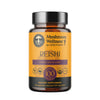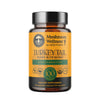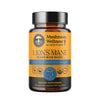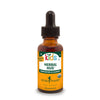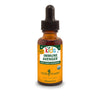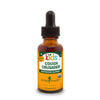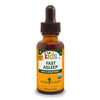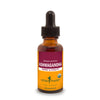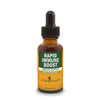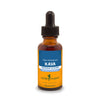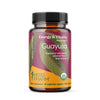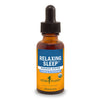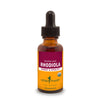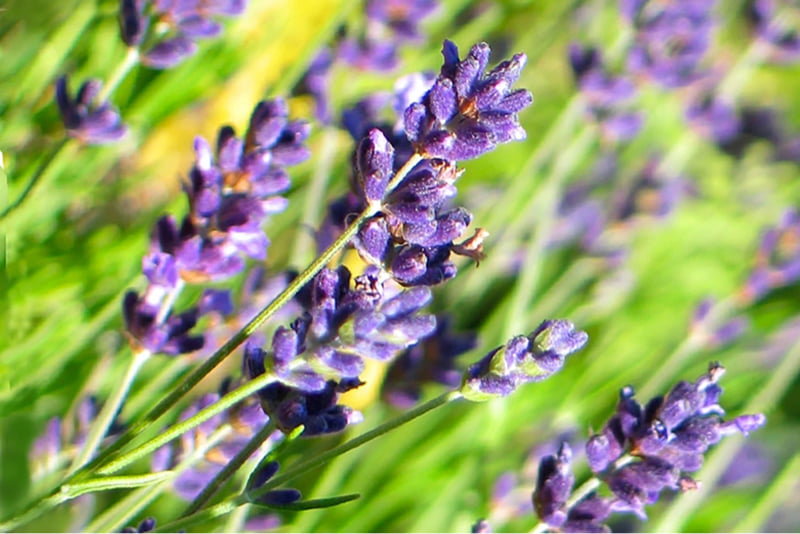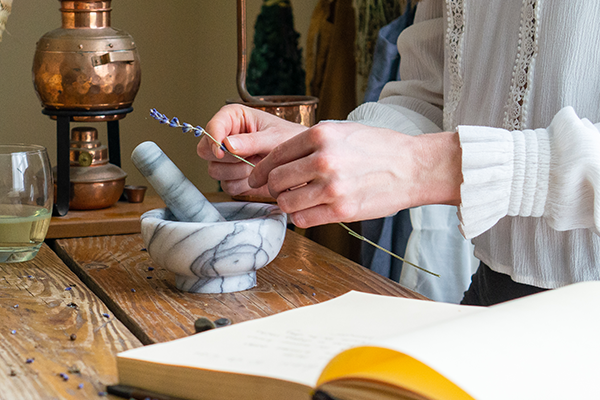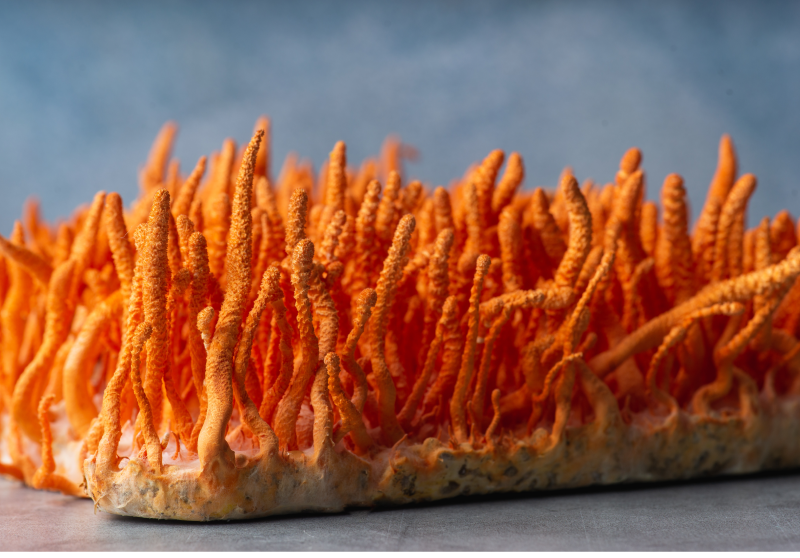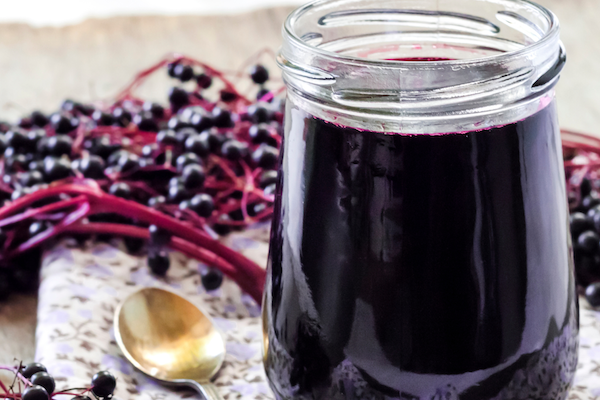
Ask an HerbalistJun 10, 2025
What products do you recommend to bio-hack your life?
We love talking about herbs and herbalism, and we especially love answering your questions about those
topics. That's why we brought in our team of herbal experts to respond to some of the most common questions
and concerns we hear.
Our herbalists have decades of combined experience working with herbs — and the people who take them. They
answer your most pressing questions, in our regular column “Ask an
Herbalist.”
What products do you recommend to bio-hack your life?
We know the word “bio-hack” can mean different things to different people. This answer is based on the idea
that “bio-hacking” means broad lifestyle self-improvements that you can make using small incremental changes
to support your well-being over time.
There is no one simple answer on how to “bio-hack your life” since it depends on you and your body! What may
be top of mind for you may not even be on someone else’s radar. Everyone’s bodies are different and
therefore have different needs. Some general herbal categories that it would be good to consider starting
out with are tonic herbs, adaptogens, nervines, nootropics, and immune system builders. Read more about each
group below and see which one calls you the most.
Tonic Herbs
Tonic herbs, like Dandelion, Skullcap, and Holy Basil, work slowly and gently on the body while they
act on a deeper level to tonify organs and systems. This means they can support our overall vitality
and well-being. Tonic herbs should be taken regularly on a daily basis and can be taken from one to
three months or longer to help build up a system. If you’re interested in finding out more,
check here.*
Adaptogens
Herbs that support a natural stress response are called adaptogens. This group of herbs is used to
support how our bodies innately react to stress, fatigue, and more. Some examples of adaptogens are
American and Asian Ginseng, Rhodiola, and Ashwagandha. They support energy and vitality that can
strengthen our systems, provide resilience, and offer a feeling of vigor in the body. These types of
herbs also benefit us best by regular daily use taken over a longer period of time. Read more about
them here.*
Nervines
Did you know that the nervous system includes our brain and spinal cord along with a network of
nerves? Herbal “nervines” work to support our body’s nervous system. This herbal category includes
Lavender, Lemon Balm, Oat Seed, and more. Nervines are often paired with other herbs that support
different systems and structures of the body. This group of herbs is often used when needed and can
be taken in the short or long term. Want to know more? Click here.*
Nootropics
Nootropics are a category of herbs that provide support for healthy brain function. Examples of these
herbs are Ginkgo, Bacopa, Eleuthero, and others. Cognitive herbs keep your mind sharp by supporting
factors such as memory, focus, and overall brain health. This class of herbs can be taken short or
long term as needed. Find more information on them here.*
Immune System Builders
We all know that a healthy functioning immune system is important to our daily lives. Immune system
builders do just as the name suggests. They work to offer deeper support over time to build our
immune system, so it is ready in the face of immune challenges. This class of herbs includes
Astragalus, Reishi, Cat’s Claw, and more. This herbal group is used routinely for maintenance and
are generally taken over the longer term. Here is
more information on these types of herbs.*
It’s always better to start off with herbs that are on the gentler range of the herbal spectrum. You can then
work your way up if needed but always remember that certain herbs can be slower acting and/or the type that
“gently nudges” the body in a positive direction over time rather than some herbs that you may feel a
difference shortly after taking them. Making a lifestyle overhaul can be daunting, but if you start by
making small incremental changes, you can see what works best for your body and your lifestyle.
